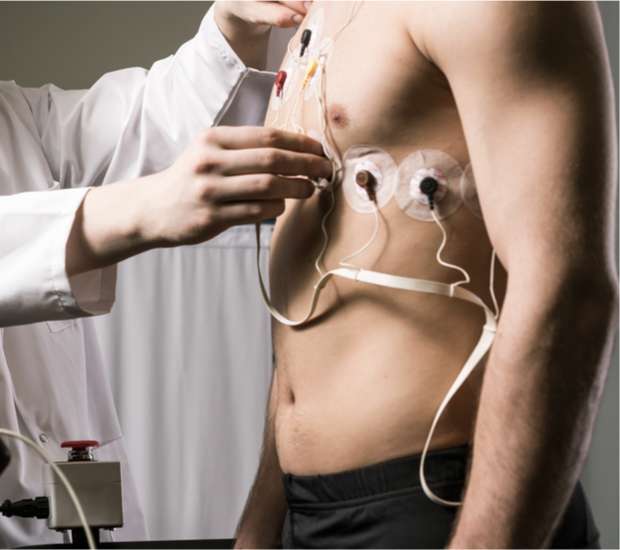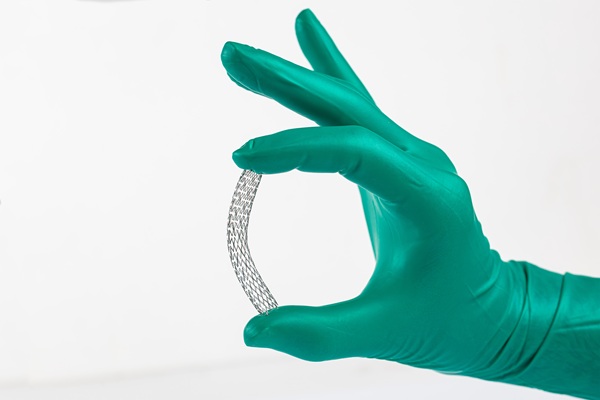What is Holter Monitoring Used For?

Wanting to understand more about Holter monitoring because you may need to wear one in your near future? Whenever you are experiencing any medical conditions that relate to your heart, it is often necessary to undergo certain procedures or certain tests in order to find out exactly what is going on. A Holter monitor is a test that records the rhythm of your heart, allowing medical professionals to better understand what is happening so they can offer solutions.
What exactly is a Holter monitor?
Finding out more about Holter monitoring is recommended if you are someone who may need to wear a Holter monitor in your very near future. It is a small device that must be worn close to your body for about two days. It monitors the rhythm of your heart during this time and records all of your heartbeats, which allows for a thorough understanding of your heart’s current condition.
What is Holter monitoring used for?
A Holter monitor checks for irregular heartbeats, which lets a medical professional know whether or not the patient is experiencing heart rhythm problems. This particular heart test is one that is recommended for patients who are experiencing any signs or symptoms of having a heart problem. It is noninvasive and instead uses electrodes that are taped to the patient’s chest in order to monitor the rhythm of their heart.
If the results from wearing the heart monitor for a couple of days do not provide a medical professional with enough information, the patient may need to wear a wireless Holter monitor. A wireless monitor can capture important heart-related information for many weeks, giving medical professionals the information they need to make a proper diagnosis.
Risks
There are not any risks that come with wearing a Holter monitor. Patients may experience some skin irritation in their chest area where the electrodes were put, which is a small price to pay to get necessary heart information. It is important for those who are getting ready to wear a Holter monitor to understand that they cannot get wet. If it does get wet, it will damage the monitor. Patients should also try to avoid getting too close to magnets or microwave ovens and may want to avoid using an electric blanket, an electric razor, an electric toothbrush or metal detectors.
Results
Once a medical professional receives the results recorded by the Holter monitor, they will discuss these results with the patient. Together, they will come up with a treatment plan to address any heart-related conditions that may have been found. If no heart problems were found, the patient may need to undergo additional heart monitoring in the future to make sure that it is performing correctly.
Have any questions for us?
If you have any questions about Holter monitoring, please do not hesitate to contact us when you have a few moments. The more you understand about this common heart test the more comfortable you will feel when wearing the monitor. You only need to wear the monitor for a couple of days, and, once the results come in, you will have a better idea of how your heart is performing.
Request an appointment here: https://boyntonbeach.floridapremiercardio.com or call Florida Premier Cardiology at (561) 229-1411 for an appointment in our Boynton Beach office.
Check out what others are saying about our services on Yelp: Read our Yelp reviews.
Recent Posts
Coronary stent placement is a treatment for coronary artery disease, a buildup of plaque (fat and cholesterol) around the heart's arteries. Along with angioplasty, a stent helps restore blood flow to the heart, relieving symptoms such as chest pain and shortness of breath and helping prevent a heart attack. The following overview of coronary stent…
Heart disease treatment encompasses a range of interventions, from lifestyle changes and medications to surgical interventions. Individuals can manage their condition and improve their quality of life by working with a cardiologist. Successful heart disease treatment starts with the patient having the information they need to make informed decisions about their health.Also known as cardiovascular…
A heart specialist is a doctor specializing in diagnosing and treating cardiovascular conditions. Patients may be referred to one of these doctors for several reasons, from diagnosing a heart health issue to getting cleared for surgery. However, seeing a heart specialist is even more crucial for those either experiencing the signs of heart disease or…
Cardiologists perform angioplasty to open blocked arteries, specifically those caused by coronary disease. This minimally invasive alternative to open heart surgery can restore proper blood flow to the heart and often reverse the fast track to a heart attack. However, learning when one is necessary is crucial for treatment success.Coronary artery disease (CAD) is a…


